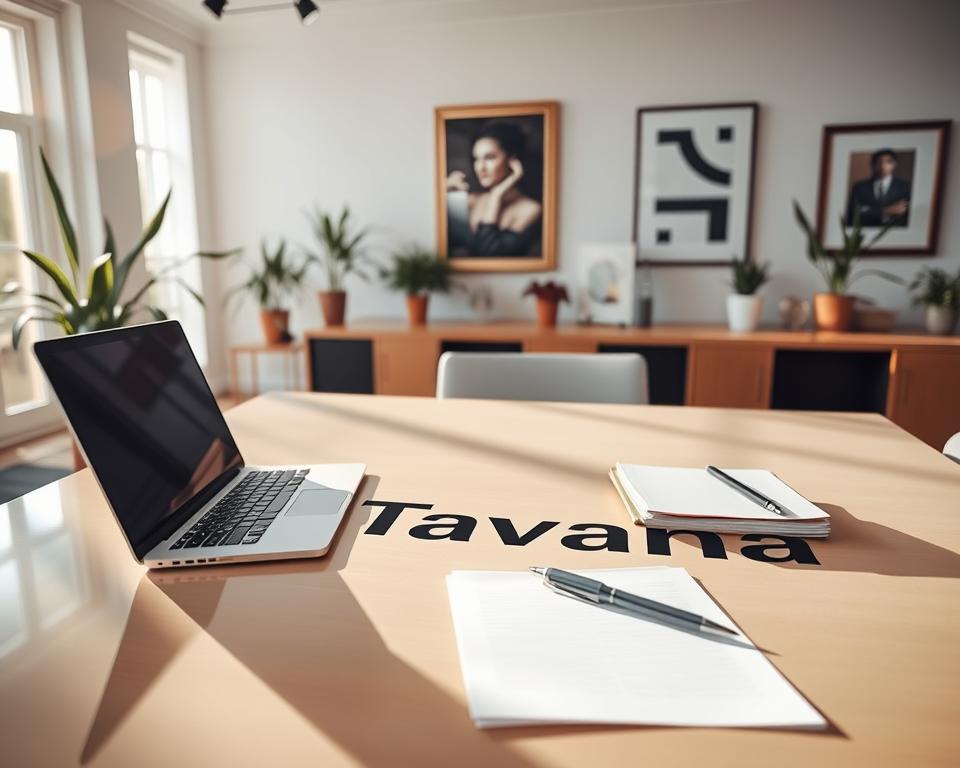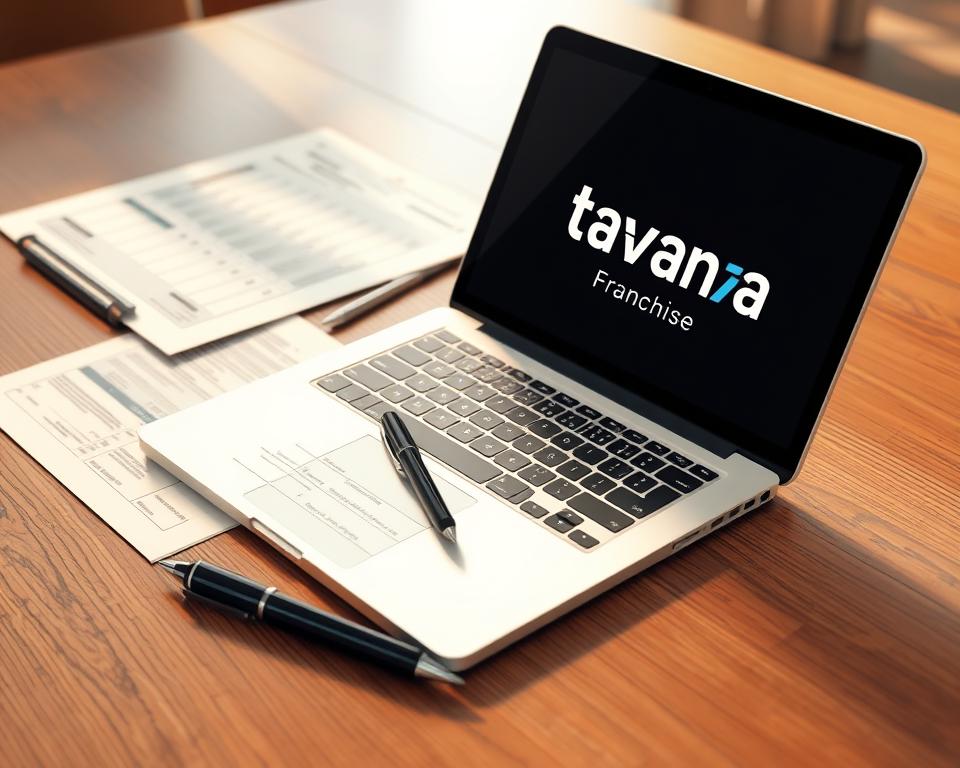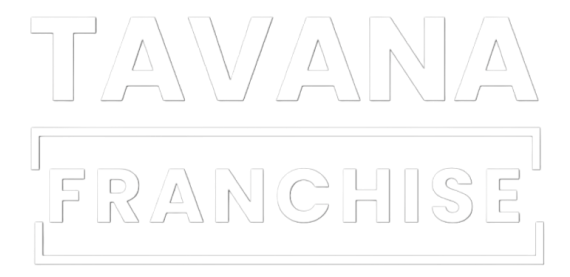Thinking about investing in a franchise business for sale? It can be a smart move, but you need to do your homework first.
When you buy a franchise, you get a tested business model. You also get instant recognition and support to help you do well.
But remember, buying a franchise is like any investment. There’s no promise of success. To make a smart choice, you must understand the franchise model and follow the purchase steps carefully.
If you want to learn more or find the right franchise, reach out to Tavana Franchise consultants. Our team will help you every step of the way.
Key Takeaways
- Understand the franchise business model before making a purchase.
- Research the franchise thoroughly to ensure it’s a good fit.
- Consider seeking guidance from franchise consultants.
- Be aware of the risks involved in buying a franchise.
- Carefully review the franchise agreement before signing.
Understanding the Franchise Business Model
To succeed in franchising, you must understand the basics of the franchise business model. A franchise lets you run a business using a proven system from the franchisor.
What is a Franchise?
A franchise is when you pay to use another company’s brand and business model. This partnership is based on mutual support and cooperation.
The Franchisor-Franchisee Relationship
The franchisor gives you the right to use their brand and business model for a fee. You pay an initial fee and ongoing royalties. This partnership is key for both sides to succeed.
Key aspects of the franchisor-franchisee relationship include:
- Mutual support and cooperation
- Ongoing training and assistance
- Brand recognition and marketing support
Benefits and Challenges of the Franchise Model
The franchise model has many benefits, like brand recognition and training. But, it also has challenges like ongoing fees and limited flexibility.
| Benefits | Challenges |
|---|---|
| Brand recognition | Ongoing fees |
| Training and support | Contractual obligations |
| Proven business model | Limited flexibility |
Case Study: From Employee to Franchise Owner
Imagine someone who went from being an employee to a franchise owner. With the right support and training, they overcame challenges and reached their goals.
As you look into franchising opportunities, our team is here to help you every step of the way.
Assessing Your Readiness for Franchise Ownership
Starting your journey as a franchise owner means checking if you’re ready. You need to look at your money, skills, and what you want to achieve. Our team is here to guide you and find the right franchise for you.
Financial Preparedness
First, check if you can afford a franchise. Look at your money for the start-up costs, monthly fees, and other expenses. Think about your savings, how to get more money, and if you’re financially stable.
Skills and Experience Assessment
Your skills and experience matter a lot. Think about your ability to manage a business, your experience in the field, and if you can lead a team. If you’re missing skills, see if you can learn them or hire someone.
Personal Goals Alignment
It’s key to match your personal goals with what owning a franchise requires. Think about your lifestyle, future plans, and if the franchise fits them. Running a franchise takes a lot of time and effort, so make sure it matches your goals.
Self-Assessment Checklist
| Category | Assessment Criteria | Status |
|---|---|---|
| Financial Preparedness | Initial Investment | |
| Skills and Experience | Business Management Skills | |
| Personal Goals | Alignment with Franchise Demands |

By carefully checking these areas, you can decide if you’re ready for franchise ownership. You’ll also find the best franchises to buy that match your situation.
Researching Franchise Businesses for Sale
Looking for a franchise to buy is a big step. It’s important to think about many things that can help or hurt your success.
Industry Trends and Market Analysis
Knowing what’s happening in the industry and doing a market analysis is key. You should check if people want the franchise’s products or services. Also, see how many competitors there are and if the market is growing.
Key factors to consider in market analysis:
- Demand for products or services
- Competitor analysis
- Market growth potential
Finding Reputable Franchise Opportunities
To find good franchises, look into the franchisor’s history and finances. Choose franchises with a good track record and strong support for their owners.
A reputable franchise will have:
- A clear and comprehensive franchise disclosure document (FDD)
- A strong brand presence
- Ongoing support for franchisees

Online Resources and Franchise Directories
Use online tools and directories to find franchises for sale. These sites offer details on investment costs, fees, and territories.
| Franchise Directory | Description | Initial Investment |
|---|---|---|
| Franchise.com | A comprehensive directory of franchises for sale | $20,000 – $500,000 |
| FranchiseGator.com | A franchise marketplace with a wide range of opportunities | $10,000 – $1,000,000 |
| FranNet.com | A franchise consulting firm with a directory of franchises | $20,000 – $200,000 |
Case Study: How a First-Time Buyer Found Their Ideal Franchise
A first-time buyer found their perfect franchise by doing lots of research. They used online tools, talked to experts, and went to franchise shows. This way, they found a franchise with great support and a solid business plan.
Evaluating the Best Franchises to Buy
Looking for the best franchises to buy means checking several important factors. When you’re in the process of buying a franchise, knowing what makes a franchise successful is key.
Analyzing Franchise Disclosure Documents (FDDs)
The Franchise Disclosure Document (FDD) is a must-read from the franchisor. It has crucial info about the franchise. Look closely at the franchisor’s history, any lawsuits, and their financials. This document explains the franchise’s business, fees, and what you’ll have to do.
Understanding Franchise Fees and Royalties
Franchise fees and royalties are big money matters. The initial fees can be high, and the ongoing royalties can cut into your profits. It’s important to know how these fees work and compare them to what others pay. Also, ask about any extra costs or fees.

Territory Rights and Exclusivity
Territory rights and exclusivity are key for growth and avoiding competition. Find out the area your franchise covers and if you have exclusive rights there. Make sure you understand your territory’s terms with the franchisor.
Red Flags to Watch For
Be on the lookout for red flags like high fees, lack of transparency, or poor communication. Also, check the franchisor’s reputation online and talk to current franchisees. Their experiences can give you valuable insights.
By carefully looking at these points, you can make a smart choice when buying a franchise. Our team is ready to help you find the best franchise and steer clear of common mistakes. We want to make sure you find a franchise that fits your goals.
Financial Considerations When Buying a Franchise
Buying a franchise business for sale comes with many financial factors. As you look into franchising opportunities, it’s key to know the costs of buying and running a franchise.
Initial Investment Requirements
The initial investment is a big deal when checking out franchise opportunities. This includes the initial franchise fee, setup costs like equipment and inventory, and other expenses. For example, a retail franchise might need money for store design, initial inventory, and equipment.
- Franchise fee: The upfront fee paid to the franchisor.
- Equipment and inventory costs: Expenses related to setting up the business.
- Real estate costs: Leasing or buying a location.
Ongoing Operational Costs
There are ongoing costs to think about after the initial investment. These include royalties to the franchisor, marketing fees, and operational expenses like supplies and labor. Knowing these costs is key to staying profitable.
“The key to success in franchising is not just the initial investment but also managing ongoing operational costs effectively.”
Ongoing costs can differ a lot between franchises. For instance, a food franchise might have higher costs for inventory and labor.
Financing Options for Franchise Purchases
Getting a loan for a franchise can be tough, but there are options. You can get traditional bank loans, SBA loans, or alternative financing. Some franchisors even help with financing or have lender connections.

Jane Smith is a great example of creative financing. She used personal savings, an SBA loan, and seller financing to buy a franchise. This way, she kept her upfront costs low and managed her cash flow well at first.
When thinking about the money side of buying a franchise, remember we’re here to help with financing options. With good planning and the right financial plan, you can smoothly buy a franchise business for sale.
Legal Aspects of Acquiring a Franchise Business for Sale
To buy a franchise, you need to know the legal rules. This includes understanding franchise agreements, doing legal checks, and working with lawyers.
Franchise Agreements: Key Terms and Conditions
The franchise agreement is a contract between the franchisor and you. It’s important to know the key terms and conditions. This includes how long the agreement lasts, where you can operate, and what fees you pay.
Franchise expert says, “The franchise agreement is the base of the franchisor-franchisee relationship. Knowing its terms helps avoid disputes.” – Franchise Lawyer
Legal Due Diligence
Doing legal checks is a key step in buying a franchise. This means looking at the Franchise Disclosure Document (FDD), checking the franchisor’s lawsuits, and finding any legal risks.
Working with Franchise Attorneys
Having a good franchise lawyer is very helpful. They guide you through legal issues, help with the agreement, and make sure you follow the law.
Common Legal Pitfalls and How to Avoid Them
Some common mistakes include not understanding contracts, not fully checking the FDD, and ignoring territorial rights. To avoid these, work closely with a lawyer and do detailed checks.
Knowing these risks helps you deal with the legal side of buying a franchise. This way, you can make a smarter choice.
Franchise Selection Process: A Real-World Case Study
Choosing the right franchise needs careful research and analysis. As you look at different franchise options, having a clear plan is key to making a good choice.
Narrowing Down Your Options
First, think about your financial situation, business experience, and what you’re interested in. This helps narrow down the top franchise businesses that match your goals.
When looking at franchises, make a table to compare them. Look at the initial investment, ongoing fees, and support from the franchisor.
| Franchise Name | Initial Investment | Ongoing Fees | Support Provided |
|---|---|---|---|
| Franchise A | $50,000 | 5% | Marketing, Training |
| Franchise B | $100,000 | 6% | Operations, Finance |
| Franchise C | $75,000 | 4% | HR, Supply Chain |
Conducting Franchisor Interviews
After narrowing down your choices, talk to the franchisors. Ask about the franchise’s business model, growth, and support for franchisees.
Speaking with Current and Former Franchisees
Talking to current and former franchisees is also important. They can share their experiences and insights about the franchise’s efficiency and franchisor support.
Decision-Making Framework
To decide, create a framework to weigh the pros and cons of each franchise. Think about the brand’s reputation, market demand, and how well it fits your goals.
Remember, finding a franchise for sale that fits your needs is just the start. Also, consider the franchisor’s support and the market’s growth potential.
As you go through the franchise selection process, our team is here to help.
Navigating the Franchise Purchase Process
Buying a profitable franchise is a big step. It’s important to know the process well. This includes making an offer, negotiating, and completing the purchase.
Making an Offer and Negotiation Strategies
When you make an offer, work closely with the franchisor. Your offer should be based on a deep analysis of the franchise’s finances and market. Also, consider the terms in the Franchise Disclosure Document (FDD).
- Understand the initial investment and ongoing fees.
- Negotiate the terms of the franchise agreement.
- Ensure you have a comprehensive understanding of the franchisor’s support system.
Franchise Training and Support Programs
A good franchisor offers great training and support. This includes:
- Initial training on business operations and management.
- Ongoing marketing and operational support.
- Access to proprietary business systems and technology.
Timeline for Opening Your Franchise
The time it takes to open your franchise varies. It depends on the business’s complexity and the franchisor’s support. It can take from a few months to a year.
Case Study: First 90 Days as a New Franchisee
Let’s look at a new franchisee in the food industry. In the first 90 days, they:
- Completed comprehensive training provided by the franchisor.
- Worked closely with the franchisor’s support team to launch marketing campaigns.
- Focused on building a strong local customer base.
We’re here to help you through the franchise purchase process. By understanding the key stages and working with the franchisor, you can succeed in your new business.
Conclusion: Your Path to Franchise Success
Deciding to buy a franchise is a big step towards becoming an entrepreneur. It can be rewarding but needs careful planning and research. Understanding the franchise model and assessing your readiness are crucial steps.
There are many franchise opportunities out there. It’s important to stay informed and seek advice when needed. When buying a franchise, review all documents carefully. Also, understand the fees and royalties involved.
Stay focused on your goals and use your franchisor’s support to overcome obstacles. Whether you choose a specific brand or explore different options, success comes from thorough preparation and flexibility.

